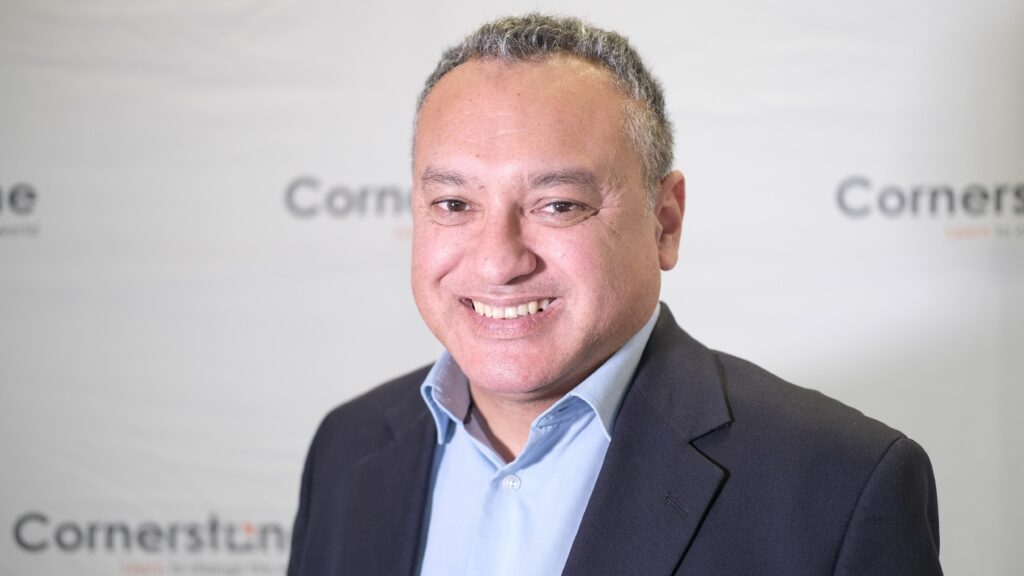
In an era characterized by information abundance and instant connectivity, the proliferation of misinformation and disinformation has become a significant challenge. Misinformation refers to false or inaccurate information spread without intent, while disinformation refers to intentionally misleading or false information designed to deceive. Recognizing our responsibility is crucial for combating the detrimental effects and disseminating accurate information.
The Prevalence of Misinformation and Disinformation
The advent of social media and the democratization of information sharing has revolutionized how we access and disseminate news.
Unfortunately, these platforms have also become breeding grounds for misinformation and disinformation. Viral falsehoods spread like wildfire, reaching millions within seconds and often going unchecked. The consequences are far-reaching, ranging from eroding trust in institutions and polarization of societies to hindering public health efforts and even influencing election outcomes.
Unveiling Our Role in Spreading Misinformation
While it is easy to dismiss the responsibility for spreading misinformation and disinformation as solely lying with malicious actors or automated bots, it is crucial to acknowledge our role in perpetuating these falsehoods. In our fast-paced digital lives, we are all potential conduits for spreading misinformation. By simply hitting the “share” or “retweet” button without verifying the accuracy of the information, we contribute to its proliferation. Moreover, our biases, preconceptions, and echo chambers can further reinforce false narratives, making it even more challenging to discern fact from fiction.
Combating Misinformation and Disinformation
- Media Literacy: Investing in media literacy programs that teach critical thinking, fact-checking, and source verification is vital. By equipping individuals with the skills to assess the credibility of information, we can mitigate the spread of misinformation.
- Fact-Checking Initiatives: Fact-checking organizations are crucial in debunking falsehoods and holding individuals and institutions accountable. Supporting and promoting these initiatives can help curb the dissemination of inaccurate information.
- Responsible Sharing: Verifying its accuracy from reliable sources is essential before sharing information. By adopting a responsible sharing culture, we can break the chain of misinformation and ensure that accuracy prevails.
- Collaboration between Platforms and Users: Social media platforms must implement robust mechanisms to identify and limit the spread of misinformation. However, users are also responsible for reporting false information, flagging questionable content, and engaging in constructive conversations to counter misinformation effectively.
A degree in Media Studies can play a crucial role in the battle against misinformation and disinformation by equipping individuals with the necessary skills and knowledge to critically analyze media messages, understand the mechanisms behind spreading false information, and develop effective strategies to counteract it.
Here are several ways in which a degree in Media Studies can help:
- Media Literacy: Media Studies programs often emphasize media literacy skills, which involve the ability to access, analyze, evaluate, and create media content. Media literacy equips individuals with the tools to critically assess information sources, detect biases, evaluate credibility, and identify misinformation and disinformation.
- Understanding Media Ecosystems: Media Studies provides a comprehensive understanding of the media landscape, including its structures, processes, and dynamics. This knowledge allows individuals to recognize how misinformation and disinformation can proliferate through various media channels and platforms, such as social media, news outlets, and online communities.
- Critical Analysis: Media Studies encourages critical thinking and analysis of media messages. Students learn to deconstruct and examine media content, identifying underlying motives, ideological perspectives, and manipulative techniques employed by disseminating false information. This critical lens helps in recognizing and challenging misinformation.
- Research Skills: Media Studies programs often emphasize research methodologies, including qualitative and quantitative approaches. These skills enable individuals to investigate and gather evidence, verify claims, and present factual information. Rigorous research methods help in debunking false narratives and providing credible counterarguments.
- Ethical Considerations: Media Studies programs typically explore ethical frameworks and principles in media production and consumption. Understanding the ethical responsibilities of media professionals and the potential impact of misinformation on society helps individuals promote responsible media practices and advocate for ethical journalism.
- Communication and Advocacy: Media Studies foster valuable communication skills, both in written and verbal forms. Graduates can leverage these skills to raise awareness about misinformation, engage in public discourse, and communicate accurate information through various channels, such as social media, journalism, or public speaking.
- Media Activism: With a degree in Media Studies, individuals can actively participate in media activism against misinformation and disinformation. They can join or initiate grassroots initiatives, collaborate with organizations combating false information, or create platforms to promote media literacy and accurate information.
- Policy and Regulation: Media Studies provides insights into media policy, regulation, and governance. Graduates can contribute to shaping policies and guidelines that address misinformation and disinformation, collaborating with policymakers, organizations, and advocacy groups to develop strategies for media literacy education and regulation of online platforms.
Stephen Langtry
Department Lead: General Education and Media Studies at Cornerstone Institute
